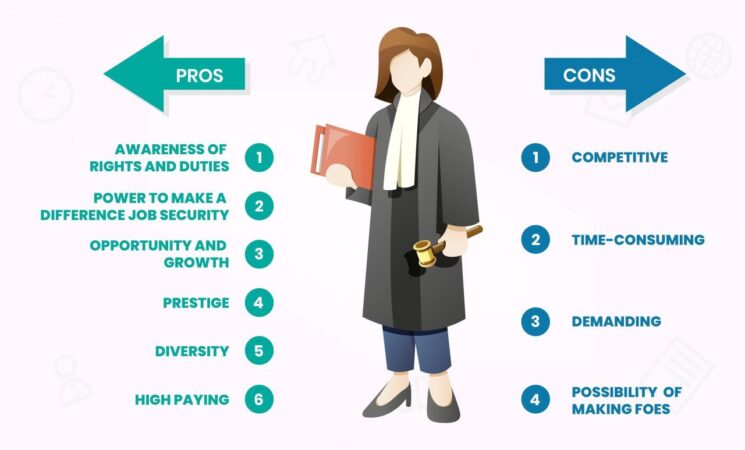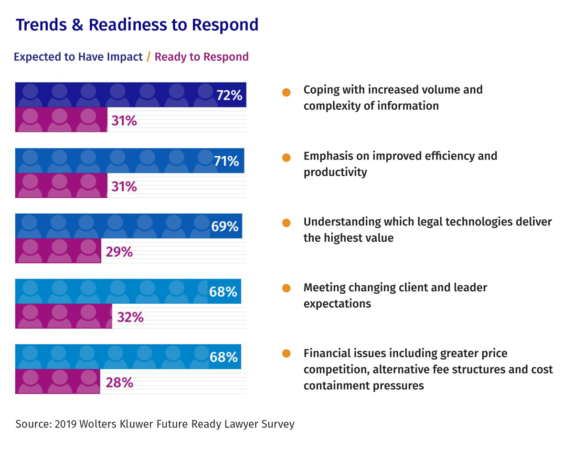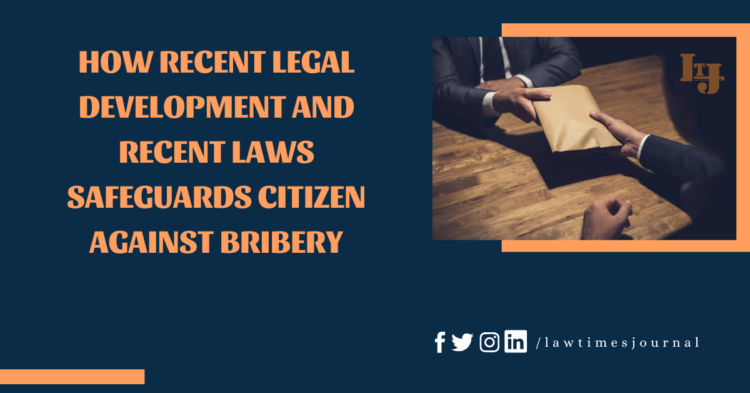
Navigating the legal system can be daunting, especially when it comes to understanding the cost of legal representation. Whether you’re facing a family dispute, a business contract negotiation, or a personal injury claim, knowing how much a lawyer costs is crucial for making informed decisions about your legal needs. This comprehensive guide delves into the factors influencing lawyer fees, explores common legal services and their associated costs, and provides cost-saving strategies to help you find affordable legal representation.
From hourly rates to flat fees and contingency agreements, we’ll break down different fee structures and their implications. We’ll also discuss how factors like experience, specialization, location, and case complexity can impact legal costs. Understanding these nuances will empower you to make informed choices and secure the best legal representation within your budget.
Factors Influencing Lawyer Fees
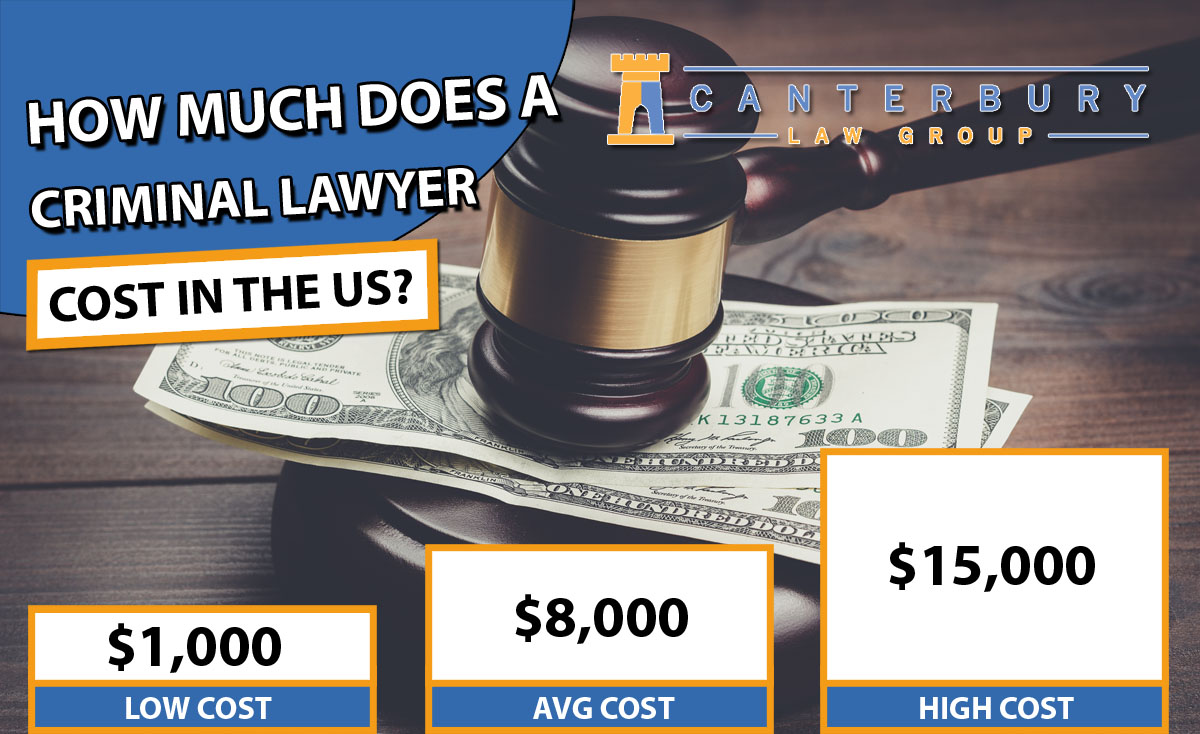
Determining how much a lawyer costs can be a complex process, as several factors influence their fees. Understanding these factors is crucial for making informed decisions about legal representation.
Lawyer Fee Structures
Lawyers typically charge fees using one or a combination of different structures. Understanding these structures is essential for understanding the costs involved in legal representation.
- Hourly Rates: This is the most common fee structure, where lawyers charge an hourly rate for their time and services. The hourly rate can vary significantly based on factors such as experience, specialization, and location. For example, a seasoned lawyer specializing in complex litigation in a major city may charge significantly higher hourly rates than a junior lawyer practicing general law in a smaller town.
- Flat Fees: In some cases, lawyers may charge a flat fee for specific services, such as preparing a simple will or handling a straightforward real estate transaction. Flat fees offer predictability and transparency, allowing clients to know the exact cost upfront. However, they may not be suitable for complex cases that require significant time and effort.
- Contingency Fees: Contingency fees are common in personal injury and other types of litigation cases. Lawyers working on a contingency fee basis only get paid if they win the case. The fee is typically a percentage of the client’s recovery, usually ranging from 33% to 40%. While this structure eliminates upfront costs, it may result in a lower payout for the client if the case is successful. Additionally, contingency fees are often subject to a cap, limiting the lawyer’s potential earnings.
- Retainer Agreements: Retainer agreements involve the client paying a predetermined amount upfront to secure the lawyer’s services. This upfront payment helps ensure the lawyer’s availability and commitment to the case. Retainer agreements can be used in conjunction with hourly rates or flat fees. The amount of the retainer can vary based on the complexity of the case and the lawyer’s experience.
Experience and Specialization
A lawyer’s experience and specialization significantly impact their fees. Experienced lawyers with specialized knowledge in a particular area of law typically charge higher rates than less experienced or general practitioners. For example, a seasoned corporate lawyer with extensive experience in mergers and acquisitions will likely command a higher fee than a lawyer with limited experience in that area.
Location
The location where a lawyer practices can also influence their fees. Lawyers in major metropolitan areas with high costs of living tend to charge higher rates than those in smaller towns or rural areas. The cost of operating a law firm, including rent, utilities, and staff salaries, contributes to this difference.
Case Complexity
The complexity of a legal case significantly impacts lawyer fees. Cases requiring extensive research, investigation, and litigation will likely incur higher costs than simpler cases. The amount of time and effort required to handle a case determines the lawyer’s fees. For example, a complex patent infringement lawsuit will require significantly more time and effort than a straightforward divorce case, leading to higher legal fees.
Common Legal Services and Associated Costs
Understanding the cost of legal services is crucial when seeking legal assistance. The cost of hiring a lawyer can vary significantly depending on the type of legal service required, the complexity of the case, the lawyer’s experience, and the geographic location. This section provides a breakdown of common legal services and their associated costs.
Common Legal Services and Costs
| Service | Typical Fee Range | Example Tasks | Associated Fees |
|---|---|---|---|
| Family Law | $2,000 – $10,000+ | Divorce, child custody, adoption, prenuptial agreements | Hourly rates, flat fees, contingency fees |
| Criminal Defense | $1,000 – $20,000+ | Representation in criminal trials, plea bargaining, appeals | Hourly rates, flat fees, retainer fees |
| Real Estate | $1,000 – $5,000+ | Buying, selling, or refinancing property, property disputes | Flat fees, hourly rates, closing costs |
| Personal Injury | $0 – $50,000+ (contingency fees) | Representing clients in car accidents, medical malpractice, and other injuries | Contingency fees (percentage of settlement or judgment), hourly rates |
| Business Law | $500 – $10,000+ | Business formation, contracts, intellectual property, employment law | Hourly rates, flat fees, retainer fees |
Cost-Saving Strategies
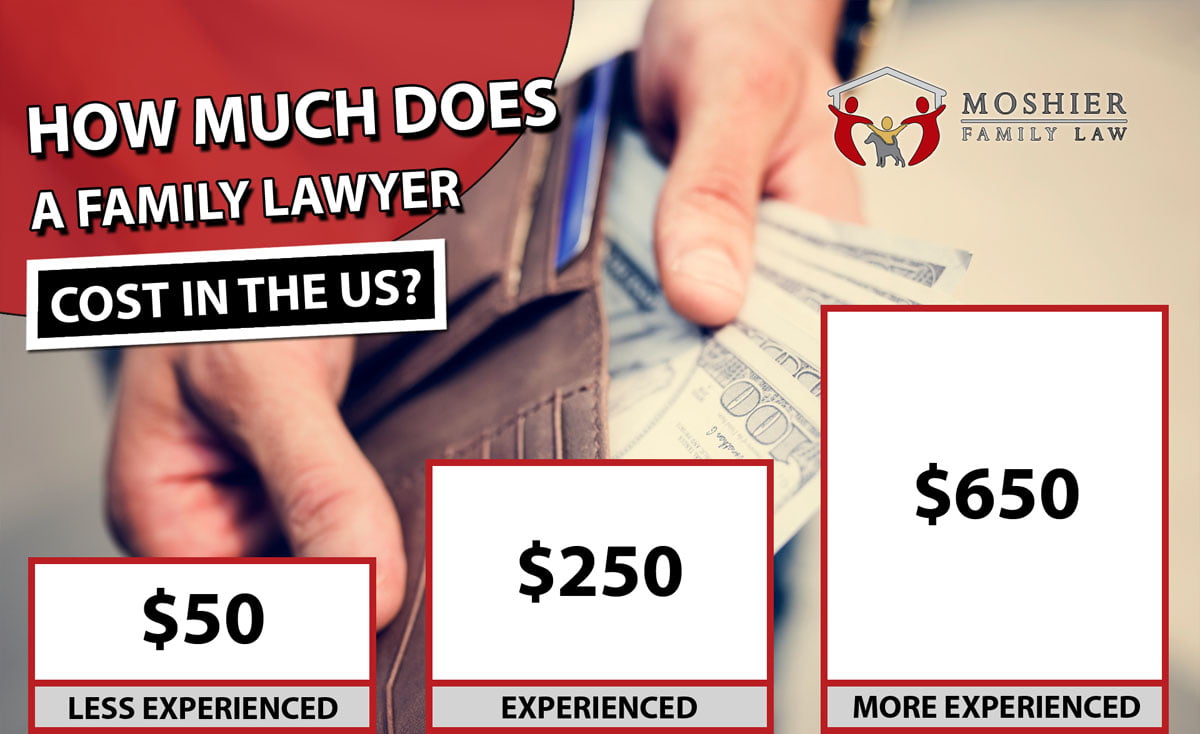
Navigating legal fees can feel overwhelming, but there are ways to find affordable legal representation and minimize costs. This section explores strategies to make legal services more accessible.
Finding Affordable Legal Representation
Finding affordable legal representation can be a challenge, but various resources and options exist.
- Legal Aid Organizations: These non-profit organizations provide free or low-cost legal assistance to individuals with limited income. They often specialize in specific areas of law, such as family law, housing, or immigration. You can find a local legal aid organization by searching online or contacting your state bar association.
- Pro Bono Services: Many lawyers offer pro bono services, meaning they provide free legal assistance to those who cannot afford it. You can find pro bono lawyers through legal aid organizations, bar associations, or online directories.
- Online Legal Platforms: Online legal platforms offer access to legal documents, advice, and in some cases, limited legal representation at a lower cost than traditional law firms. These platforms can be helpful for straightforward legal matters, such as creating a will or filing for divorce.
Negotiating Lawyer Fees
While negotiating lawyer fees can feel uncomfortable, it’s essential to understand your options.
- Seek Discounts for Upfront Payments: Some lawyers offer discounts for paying a larger portion of the fee upfront. This can be a good option if you have the financial resources available.
- Explore Payment Plans: Many lawyers are willing to work with clients on payment plans, especially for larger cases. This can help to spread out the cost of legal services over time.
- Negotiate a Reduced Hourly Rate: If you’re working with a lawyer on a fixed hourly rate, consider negotiating a lower rate, especially if you’re willing to provide some of the work yourself, such as organizing documents or researching legal issues.
Minimizing Legal Costs
There are several steps you can take to minimize legal costs.
- Prepare for Consultations: Before meeting with a lawyer, take time to organize your documents, Artikel your legal issues, and formulate questions. This will help you make the most of your consultation and avoid unnecessary costs.
- Understand Billing Practices: Review your lawyer’s billing practices carefully, including their hourly rate, billing increments, and any other fees. This will help you avoid surprises and ensure you’re getting the most value for your money.
- Avoid Unnecessary Legal Actions: Sometimes, it’s possible to resolve legal issues without going to court. Consider mediation or other alternative dispute resolution methods to avoid the costs associated with litigation.
Legal Fees in Specific Situations
Legal fees can vary widely depending on the complexity of the case, the experience of the lawyer, and the jurisdiction in which the case is filed. Understanding the typical costs associated with common legal situations can help you budget and make informed decisions about legal representation.
Divorce
Divorce proceedings can be complex and emotionally charged, involving issues such as property division, child custody, and spousal support. Legal fees in divorce cases can vary depending on the complexity of the case, the amount of assets involved, and the level of conflict between the parties.
In straightforward, uncontested divorces, legal fees may range from a few thousand dollars to several thousand dollars. However, in contested divorces involving significant assets, high-conflict situations, or complex legal issues, legal fees can easily exceed $10,000 or more.
Child Custody
Child custody cases involve determining the legal and physical custody of children after a divorce or separation. Legal fees for child custody cases can vary depending on the complexity of the case, the level of conflict between the parents, and the specific issues involved.
In cases where the parents agree on a custody arrangement, legal fees may be relatively low, perhaps a few thousand dollars. However, in contested cases involving allegations of abuse, neglect, or parental alienation, legal fees can easily exceed $10,000 or more.
Criminal Charges
Legal fees for criminal charges can vary significantly depending on the severity of the charges, the complexity of the case, and the experience of the lawyer.
For minor offenses, such as traffic violations or petty theft, legal fees may range from a few hundred dollars to a few thousand dollars. However, for serious offenses, such as assault, drug trafficking, or murder, legal fees can easily exceed $10,000 or more.
In some cases, defendants may be eligible for court-appointed attorneys if they cannot afford legal representation. However, court-appointed attorneys may have limited resources and may not be able to devote the same amount of time and attention to a case as a privately retained attorney.
Personal Injury Claims
Personal injury claims involve seeking compensation for injuries caused by the negligence or wrongdoing of another party. Legal fees for personal injury claims are typically calculated on a contingency fee basis, meaning that the lawyer receives a percentage of the settlement or judgment obtained.
Contingency fee percentages vary depending on the lawyer, the complexity of the case, and the jurisdiction. However, a typical contingency fee arrangement is 33.3% of the settlement or judgment obtained.
In addition to the contingency fee, clients are typically responsible for paying costs associated with the case, such as filing fees, expert witness fees, and deposition costs.
For example, in a personal injury case involving a car accident, a lawyer might charge a 33.3% contingency fee, meaning that if the client receives a $100,000 settlement, the lawyer would receive $33,300.
Table Comparing Legal Costs in Different Jurisdictions
| Jurisdiction | Divorce | Child Custody | Criminal Charges | Personal Injury |
|---|---|---|---|---|
| New York | $5,000 – $20,000+ | $3,000 – $15,000+ | $2,000 – $10,000+ | 33.3% contingency fee |
| California | $4,000 – $15,000+ | $2,500 – $12,000+ | $1,500 – $8,000+ | 33.3% contingency fee |
| Texas | $3,000 – $12,000+ | $2,000 – $10,000+ | $1,000 – $6,000+ | 33.3% contingency fee |
Legal Fees and Insurance
Legal insurance can be a valuable tool for individuals and businesses seeking to mitigate the financial burden associated with legal expenses. It functions as a safety net, offering protection against unexpected legal costs.
Types of Legal Insurance
Legal insurance policies can vary significantly in terms of coverage and cost. Here are some common types of legal insurance:
- Individual Legal Insurance: This type of policy provides coverage for personal legal matters, such as family disputes, traffic violations, and consumer protection issues.
- Business Legal Insurance: Tailored to meet the specific needs of businesses, this policy covers legal expenses related to contracts, employment issues, and intellectual property disputes.
- Homeowner’s Insurance: Some homeowner’s insurance policies include liability coverage that may extend to legal expenses arising from accidents or incidents on the insured property.
- Renter’s Insurance: Similar to homeowner’s insurance, renter’s insurance can offer liability coverage that may cover legal expenses related to accidents or incidents within the rented property.
End of Discussion

Ultimately, the cost of legal representation is a significant consideration, but it’s essential to remember that investing in quality legal advice can be invaluable in protecting your rights and achieving favorable outcomes. By understanding the factors influencing lawyer fees, exploring different fee structures, and utilizing cost-saving strategies, you can navigate the legal landscape with greater confidence and secure the legal representation that best meets your needs and budget.

